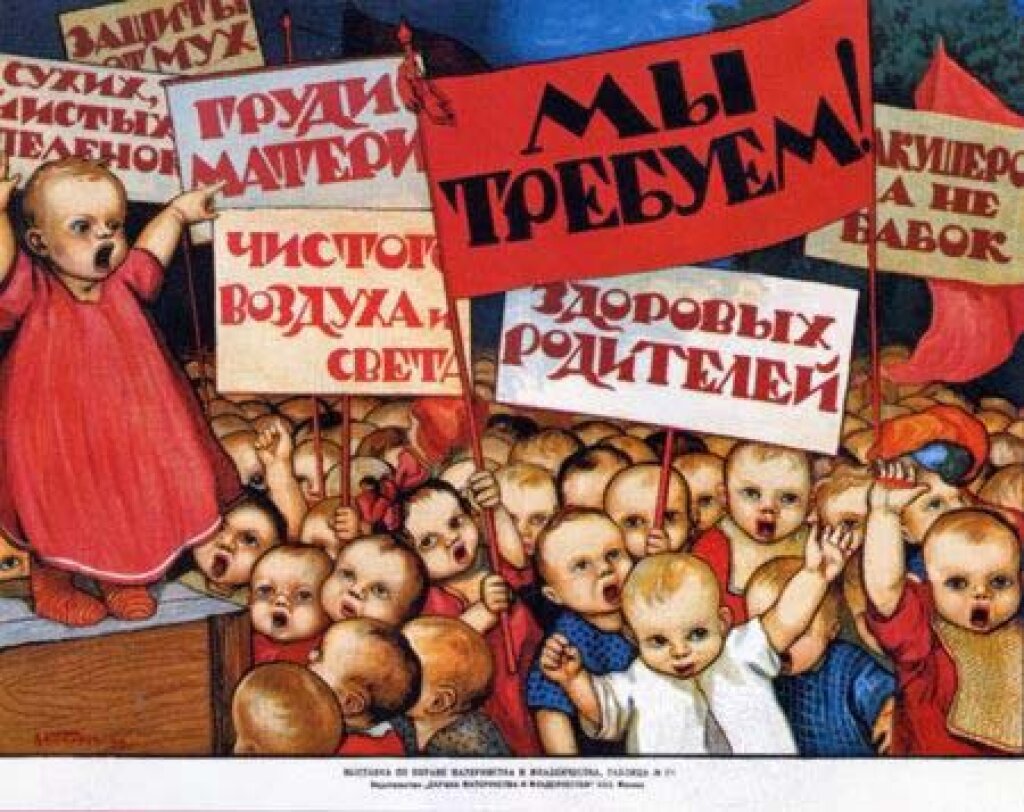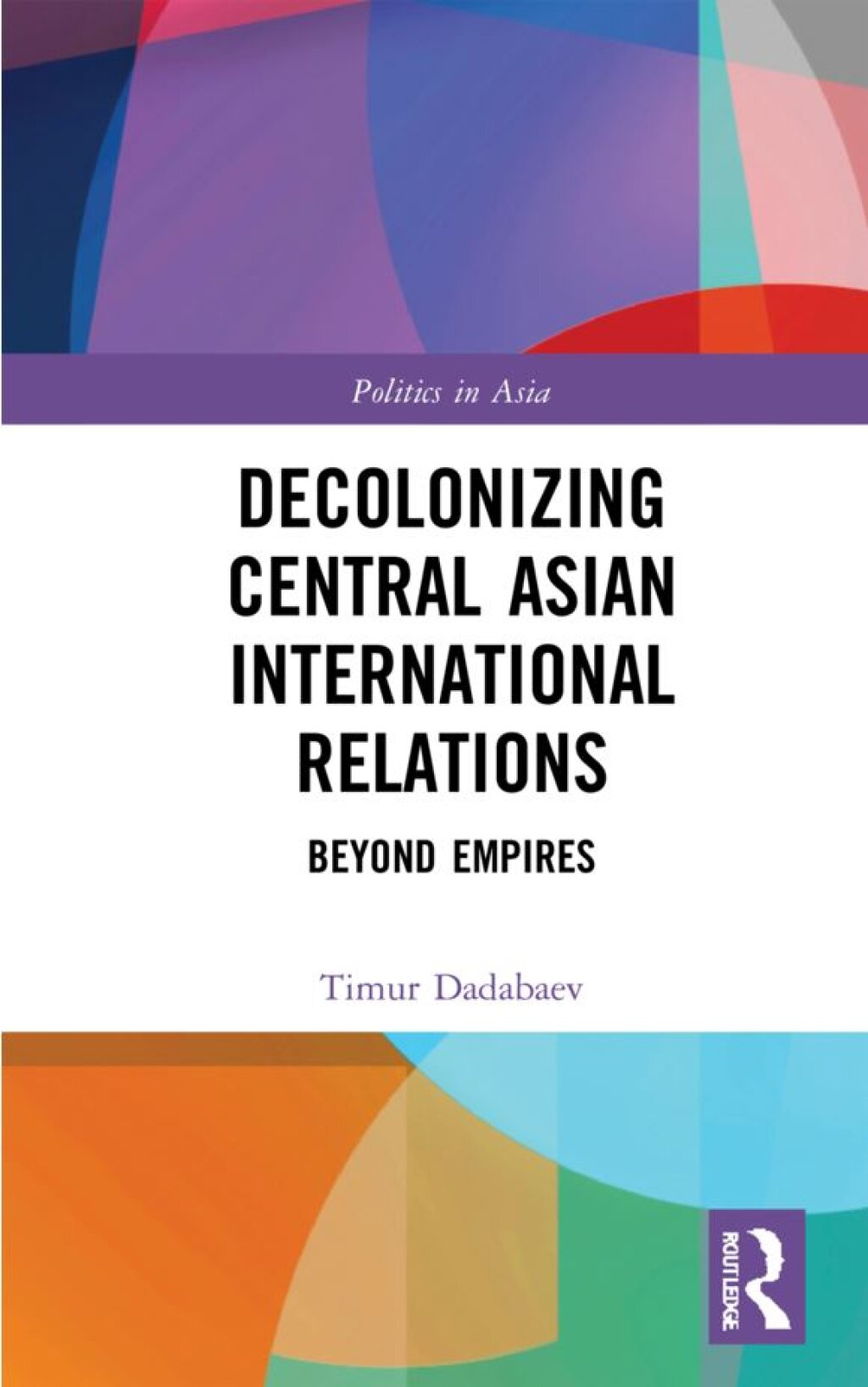When Sting released his song "The Russians" in 1985, I thought the chorus was one of the most asinine things I'd ever heard on the radio (and keep in mind that this was during the reign of Duran Duran): "I hope the Russians love their children, too." Yes, it was a rhetorical gesture to remind us of what was at stake in the event of a global nuclear war, but really: did anyone think the Russians hated their children? Or that in a millennium of existence as a culture, they still hadn't made up their minds?
Well, this week the Russian State Duma is hell-bent on making Sting's remarkably stupid question less rhetorical. In response to the Sergei Magnitsky bill (denying entry into the US to anyone alleged to be involved with the lawyer's death in prison), they have proposed the "Dima Yakovlev" law (named after a Russian boy who died of neglect by his American adoptive parents).
International adoption (which primarily means adoption by Americans) has been a highly fraught topic in Russia these past two decades. But the timing is just a tad suspicious. Yakovlev's horrific death occurred in 2008, and this law is being rushed through with a sudden, belated urgency. At the same time, the Russian legislature has also suddenly remembered American crimes in Guantanamo Bay (would that Americans could manage a similar feat). Guantanamo Bay is many things, but it is not (sadly) breaking news.
American/Russian adoption is a phenomenon that implicates all of us Russianists, if for no other reason than that we can't help but encounter it whenever we travel. Most of us have flown Delta's "adoption flight" from Moscow to JFK, filled with babies and toddlers who tend to make their presence known. And I still recall a moment in the American Consular Section in Moscow in 1992, when I was waiting in line, surrounded by eager, American would-be parents and the ex-Soviet children who might be coming home with them. One couple seemed anxious that they couldn't communicate with their five-year-old future daughter, so I tried to strike up a conversation with her in Russian. She refused to talk to me, and when I asked why, she told me, "Because you don't believe in God and you're going to hell." I was stunned: how did she know me so well? But when I translated, her parents blanched; they looked at each other, and the mother said, "We're going to have to work on that."
I mention this incident because, while the face of international adoption is that of a baby, most of the children in question are old enough to talk. Or would be old enough, if they were neurotypical. There is no doubt that the demand for infants has had horrific distorting effects on families around the world, and led to the development of vast criminal networks. If anything is a limit case for the supremacy of the free market, it is human adoption. But the overwhelming majority of children adopted in Russia are older, and many have special needs; there are virtually no would-be parents in the country who are ready to take them in. Moscow and Petersburg have made significant strides in the treatment of special-needs children, but this is by no means the case throughout the country. One of the issues that came up again and again on TV Dozhd's day of programming in honor of International Disability Day was the plea to ordinary parents to allow special-needs children on public playgrounds, rather than shunning them and berating their parents for taking them out in public. As a parent who has to go to court every year to get his autistic son a proper education, I don't see the world of American special ed with rose-tinted glasses. But at last I can go to to court, not to mention take him to the playground.
As for the Dima Yakovlev law: it seems that we are back to the Cold War days, when every American criticism had to provoke a Soviet retaliation against U.S. hypocrisy. There are plenty of charges that Russian politicians can legitimately level at the US without consigning Russian children to orphanages. One of the long-standing discomforts with international adoption has been that it seems to treat Russia's population like the government and business treats its non-human national resources: as a scarce commodity exported to rapacious foreigners. But Russian orphans are not like oil; cutting off the supply doesn't bring the country's enemies to its knees. The Russian Duma may love its children, too, but apparently not enough to let them have homes and families.



